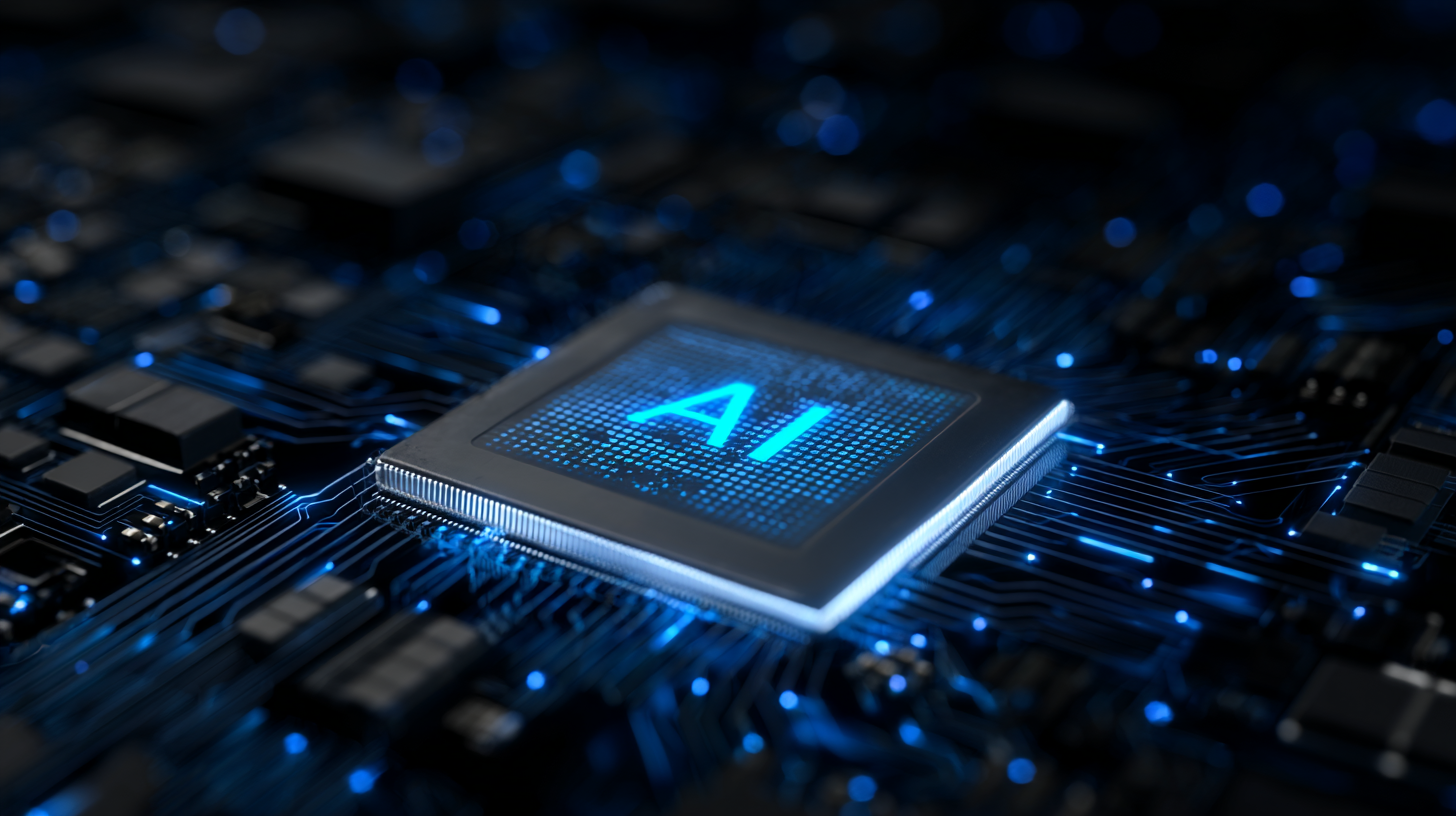With advancements spanning language models, AI-enhanced hardware, and machine learning applications, businesses are working to integrate transformative AI features into everyday tools. As of 2024, the global AI market was valued at $207.9 billion and is projected to reach $1.8 trillion by 2030, growing at a compound annual growth rate (CAGR) of 37.3%. These statistics reflect not just the potential of AI, but also its increasing relevance across industries.
Strategic Moves by Industry Leaders
Apple has been positioning itself to lead in consumer-facing AI technologies. The company is exploring partnerships, including collaborations with NVIDIA, to enhance the efficiency of its AI models. This focus aligns with Apple's long-term strategy to integrate AI into its devices, creating seamless user experiences.
While Apple’s recent suspension of a notification feature due to inaccuracies garnered attention, such setbacks are a reminder of the complexities inherent in developing cutting-edge AI. The company’s commitment to addressing these challenges ensures continuous improvement.
NVIDIA remains a cornerstone of AI hardware innovation, with its GPUs forming the backbone of many AI operations worldwide. NVIDIA’s increasing influence is evident in its lobbying efforts to shape AI-related regulations, reflecting its ambition to stay at the forefront of the industry. The company’s hardware supports advancements in autonomous vehicles, gaming, and enterprise solutions, showcasing AI’s versatility.
The Broader Industry Landscape
AI is not confined to tech giants. Businesses across healthcare, finance, and logistics are adopting AI-driven tools to streamline operations and improve decision-making. For example:
- Healthcare: AI aids in diagnostics, with tools capable of analyzing medical imaging faster and more accurately than traditional methods.
- Finance: Automated systems powered by AI are enhancing fraud detection and optimizing customer service.
- Logistics: Machine learning algorithms predict supply chain disruptions, allowing companies to respond proactively.
Positive Impacts of AI Integration
The potential of AI extends beyond profits. Its integration into daily life is enabling more sustainable practices and greater accessibility. For instance:
- AI-driven energy management systems help reduce electricity consumption, aligning with global sustainability goals.
- Speech recognition technologies, like those developed by Google and Amazon, are breaking down barriers for people with disabilities.
A Forward-Looking Perspective
While regulatory scrutiny is intensifying—such as the UK’s recent investigation into Google’s advertising business—this oversight can ultimately foster fair competition and innovation. Clear guidelines ensure that AI development aligns with ethical standards, benefiting consumers and businesses alike.
The AI industry is in a phase of rapid evolution, supported by robust market demand and growing investments. As companies refine their strategies and governments establish comprehensive regulations, the stage is set for AI to become a transformative force in 2025 and beyond. With sustained collaboration and innovation, the future of AI looks promising, and its positive impact will likely extend far beyond what is currently imaginable.







